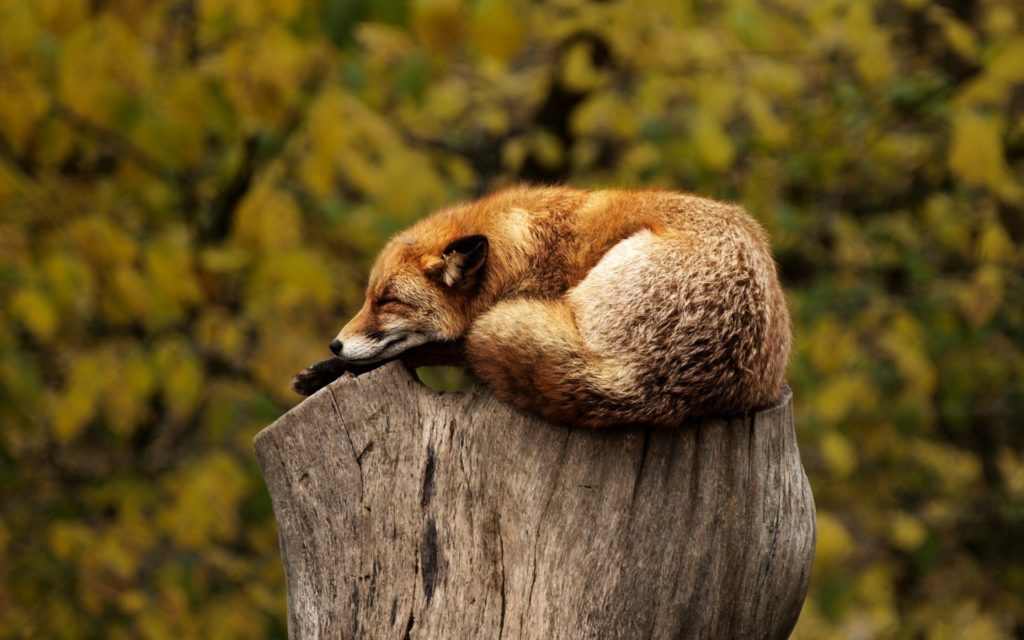The National Indian Council on Aging (NICOA) Executive Director Randella Bluehouse states, “NICOA encourages our Elders to sleep well and be healthy this winter season, and throughout the year.” Learning the causes of sleep deprivation, especially in the winter, and how to overcome them are important steps for our Elders to take in order to get a good night’s rest and increase their overall physical wellbeing.

Why Sleep Is Important
Sleep deprivation, a lack of sleep that affects a person’s performance when awake, includes symptoms such as having trouble staying awake during daily activities and the need for caffeine to get started. Sleep deprivation can also lead to long term issues including memory impairment, weight gain, diabetes, a weakened immune system, an increase risk for heart disease, and hypertension. Furthermore, it has been found that sleep deprivation can lead to a shorter life. As psychologist Michael Grander, PhD states, “We have 50 years of data showing that people who sleep between seven and eight hours live the longest. That relationship doesn’t seem to change too much with age.”
Elders Already Don’t Get Enough Sleep
The Centers for Disease Control and Prevention (CDC) provide a guide on how much sleep you need as you age. The guide states that adults 18-60 years need seven or more hours per night, 61-64 year olds need seven to nine hours, and adults 65 and older need seven to eight hours. Unfortunately, “more than 50 percent of older adults complained of having sleep troubles.”
There are a variety of reasons Elders seem to not be getting enough sleep. Not only do Elders have a harder time falling asleep and staying asleep, but they also have changes in patterns of their sleep, specifically more time spent in the lighter stages of sleep than in the deep stages of sleep. As people age they also are more likely to have pain, illness, medical conditions, or even medications that interrupt sleep. Furthermore, aging leads to an increase in sleep disorders like insomnia or sleep apnea, which is when an airway is blocked during sleep.
How Winter Affects Sleep Negatively
If all of this wasn’t enough, the winter season can add additional challenges to getting a full night of sleep.
In the winter, daylight is more limited than other times of the year, which can directly impact sleep. Light impacts our pituitary which secretes melatonin, and melatonin helps to regulate the body’s sleep cycles. The more melatonin produced, which occurs when there is less light, the more a person will get tired and sluggish.
An additional cause of sleep deprivation because of limited daylight in winter is seasonal affective disorder (SAD). As the Mayo Clinic describes, SAD “is a type of depression that’s related to changes in seasons — SAD begins and ends at about the same times every year… in most cases, seasonal affective disorder symptoms appear during late fall or early winter and go away during the sunnier days of spring and summer.” Some of the symptoms may include feeling depressed, losing interest in activities, low energy, sleeping problems, changes in appetite or weight, feeling sluggish or agitated, having difficulty concentrating, feeling hopeless or worthless, and having thoughts of death or suicide.
The cold air can also be a cause of sleep issues in the winter. Not only does the cold air also affect melatonin production, but heating homes in the winter can also cause issues with quality of sleep. When people heat their homes, the air can “dry out the body’s mucus membranes and make the body more susceptible to illnesses such as the cold or flu,” which can greatly affect the quality of sleep.
Finally, in the winter people also change their eating habits. During the holidays, Halloween through New Year’s Day, more people tend to consume food that are higher than normal in carbohydrates, sugar, and calories. These types of foods can cause changes in hormone levels in the body disrupting sleep cycles, which in turn also lead to increased changes in hormone levels. As Dr. Brad Lichtenstein, N.D. states, “When our sleep cycle gets disrupted, we wind up craving those foods more and we don’t know when we’re full…if we continue to eat like this, it will affect our sleep… it’s a vicious cycle. “

What Steps You Can Take to Get Proper Sleep
There are many great resources out there with suggestions on how to get a better night of sleep. WebMD has a few suggestions specifically for Elders. They state, “Often the most effective approach to improving slumber is to ensure proper sleep ‘hygiene,’ which refers to ‘all the daily practices or routines that can either promote or impede nighttime rest.’” Activities that promote proper sleep ‘hygiene’ include:
- Sticking to a regular bedtime
- Establishing pre-sleep rituals like bathing or reading
- Exercising regularly but not within four hours of bedtime
- Refraining from caffeine within six hours of bedtime
- Avoiding smoking close to bedtime
- Taking a midafternoon nap
- Avoiding alcohol and sleeping pills
Other suggested activities to get better sleep include:
- Setting the room temperature to be cool and comfortable, but not too dry
- Getting some light exposure every day by going outside and/or using an artificial light
- Dressing for the weather
- Making sure your bedding works for you
- Raising your humidity
- Getting an air purifier
- Keeping your nasal passages moist to avoid congestion and snoring
- Eating lighter dinners
- Making sure your bedroom is quiet, dark, and relaxing
- Removing electronic devices (TVs, computers, and smartphones) from the bedroom
A few additional resources for helping to get a full night of sleep include a fact sheet we put together that can be found HERE or an article about scientifically proven tips for better sleep which can be found HERE.
The opinions expressed in this article are those of the author and do not necessarily reflect those of the Diverse Elders Coalition.

